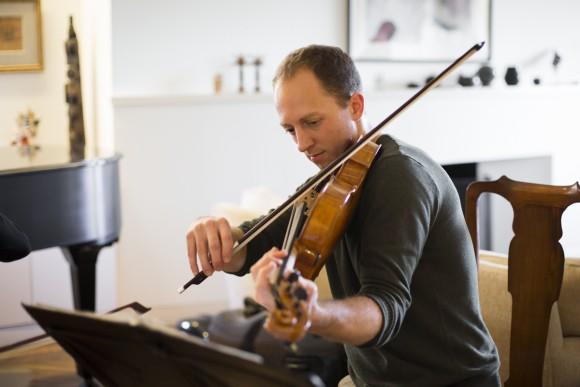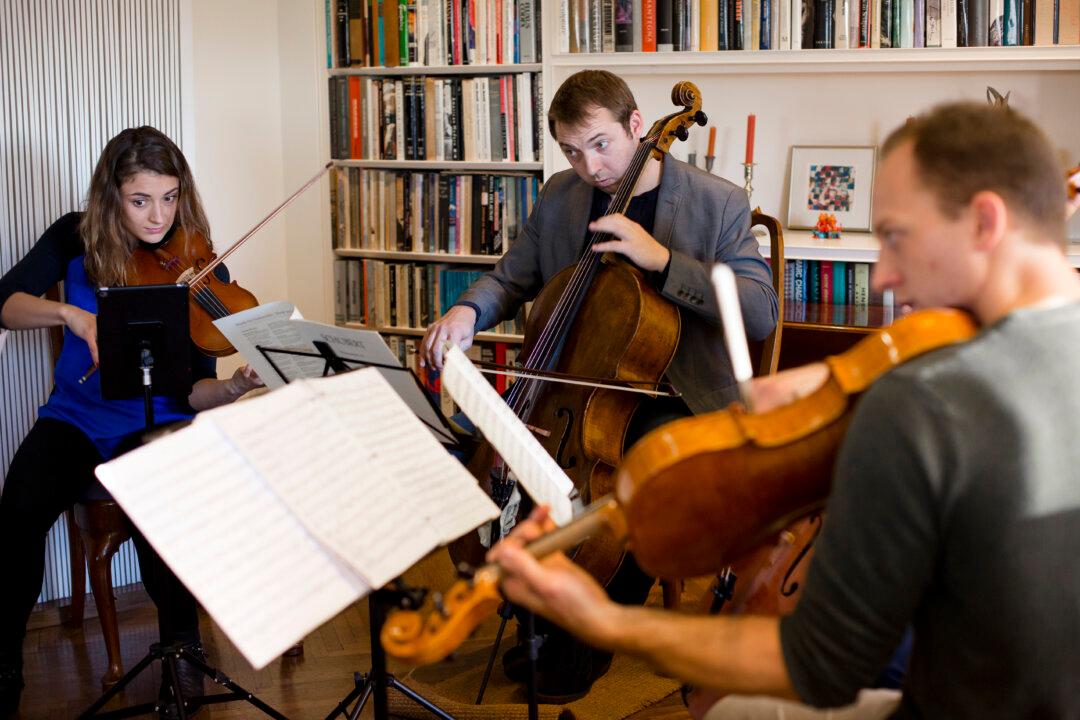NEW YORK---Over the years, from performing chamber and quartet music at festivals and on tour, violist Luke Fleming has come to feel that having respect for the players you collaborate with can make or break a performance.
“I don’t think you can share the stage with people whom you don’t respect on a musical level,” Fleming said. “I would rather play with someone who I have deep musical respect for, and maybe don’t like personally, than to play with someone who I love to death, but don’t have respect for musically.”
Luckily, he has found many musicians he respects deeply both musically and personally, and over the years, he has become great friends with them while playing together. So much so that every time several of the musicians were in New York at the same time, they would call each other up just to play together at someone’s apartment.
“Every time we get together, there’s a freshness and spontaneity,” Fleming said.
In 2015, Fleming had the idea that these friends could become a chamber music ensemble.
Fleming had nearly 20 names in mind right off the bat and called up each musician himself. All responded with a resounding yes and great enthusiasm, and so Manhattan Chamber Players (MCP) was born.
Taking a similar approach to the Chamber Music Society of Lincoln Center, Fleming drew up a roster of many players for MCP—first strings and piano, then composers and winds—from which Fleming could draw various members into different ensembles and programs.
All of the musicians have their own careers in ensembles outside of MCP. But a presenter can hire the group to perform an octet, a trio, or even a string quartet for a specific concert, and Fleming, as artistic director, will pick out the members from the full roster as needed, depending on everyone’s very busy schedules.
The ensemble is also presenting seven concerts on their own as part of their inaugural season this year.







